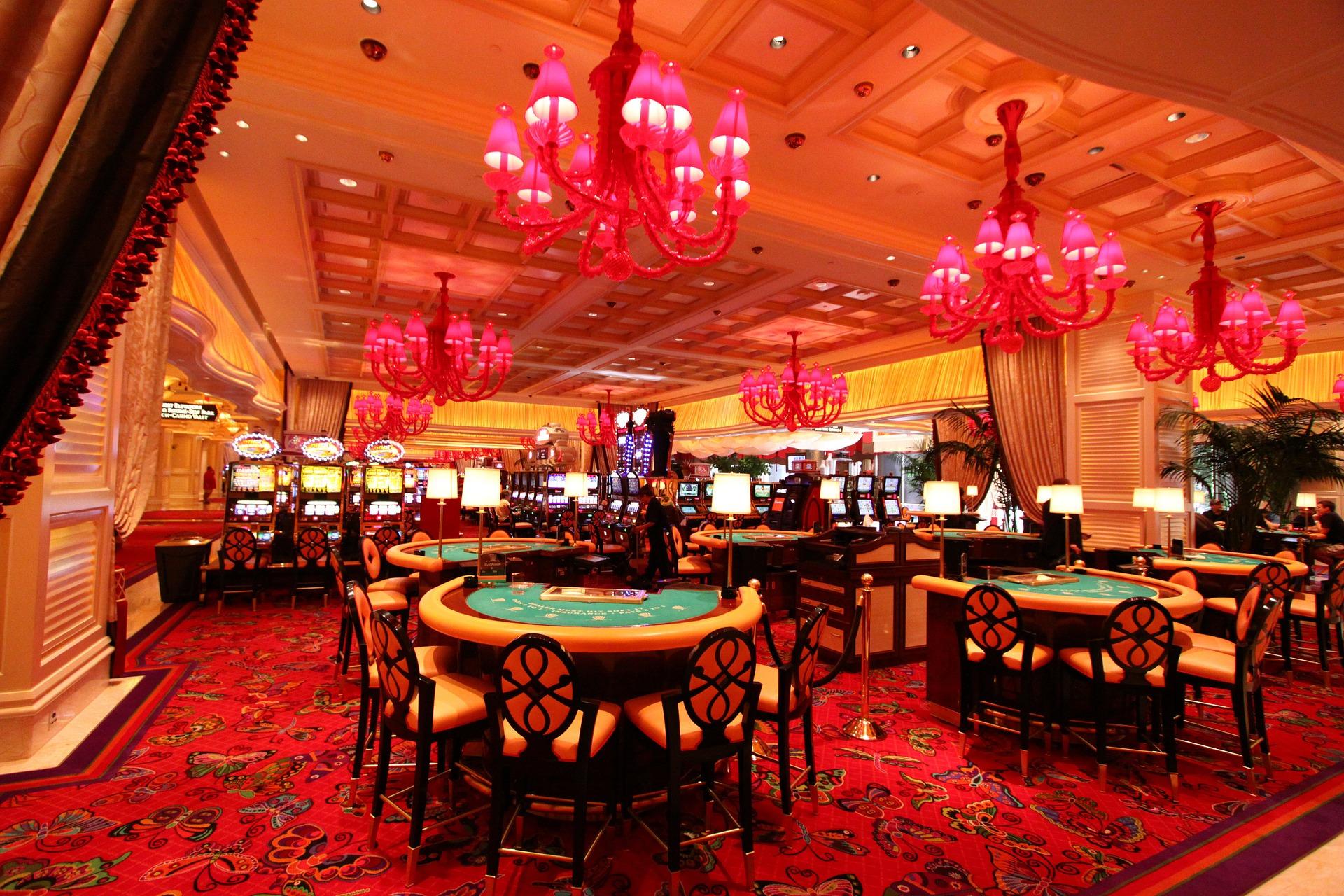
When we think of casino games, the first images that often cross our minds are those of spinning wheel wheels, card tokens clinking on fabric tables, and cubes rolling across a gaming surface. While many view these games as simple hobbies fueled by chance, a more profound exploration reveals a fascinating blend of tactics, expertise, and social interaction that raises them well beyond simple chance. Regardless of whether you are a experienced player or a inquisitive newcomer, grasping the subtleties of these activities can significantly enhance your experience and understanding.
Casino activities have evolved over centuries, with different cultures contributing to their diverse backgrounds and variations. From the intricate tactics of 21 to the bluffing tactics in poker, players engage in a contest of intellect as much as a gamble on numbers. This exciting interplay between luck and skill creates a exciting atmosphere that draws millions to gambling establishments worldwide. As we delve into the world of table games, we will reveal the strategies that can tilt the odds in your favor and the community aspects that make these games a favored choice for entertainment and engagement.
A Strategy Behind Table Gaming
Table gaming often combine a mix of ability and luck, which makes them intriguing for participants who enjoy a test. Each game has its unique set of guidelines and strategies that can influence the outcome. gokken met bitcoin For example, in titles like 21, players are required to use strategies like counting cards and understanding the probabilities to make smart decisions. This expertise can significantly improve their winning potential, distinguishing seasoned participants from beginners who may depend entirely on chance.
Conversely, games such as roulette may seem to be purely based on luck, but tactical thinking can also come into play. Players can select between different betting tactics, such as the Martingale system, in which they increase the wagers after losses. This method can create a more controlled way to the activity. Grasping the odds of specific wagers can also help players make better decisions on the roulette table, demonstrating that even titles of chance, tactics can enhance the enjoyment.
Furthermore, the game of poker is notable as a title that heavily focuses on tactics. Unlike most casino games, poker merges ability, mental acuity, and chance. Participants must not only concentrate on the cards they are dealt but also take into account their rivals’ behavior and betting patterns. Mastering concepts like table position, the odds of the pot, and interpreting bluffing is essential for winning. This complexity of strategy in poker often creates to a more immersive experience for participants, where the decisions and abilities greatly impact the game’s outcome.
Understanding Probability and Odds
In the realm of casino matches, likelihood and ratios hold a vital role in deciding a player’s potential outcomes. Every game has its own set of principles that define how the chance of succeeding or losing is measured. For example, in games like 21, players have a opportunity to modify their ratios through tactics, whereas in games like the wheel, the results are entirely governed by chance. Comprehending how these chances are calculated can greatly affect how a gambler approaches the game.
Odds are typically presented in two formats: fractional and numeric. Ratio ratios represent the proportion of the sum won to the sum staked, whereas decimal odds show the total payout for a winning wager, which includes the stake. For instance, if a game has odds of 5 to 1, this implies that for every one unit staked, a player could gain five dollars if they win. Learning how to understand these ratios enables gamblers to assess their potential earnings and formulate more wise decisions during play.
Players should also be conscious of the casino advantage, which is the casino’s built-in benefit over the gamblers. Each match has a distinct advantage, and comprehending this concept is crucial for managing one’s hopes and budget. Games with a reduced house edge, such as blackjack and baccarat, typically offer better ratios for players compared to games like slot machines and lottery. By understanding the connection between probability, ratios, and the house edge, gamblers can enhance their gaming experience and plan more effectively.
The Social Aspect of Table Gaming
Casino games at casinos are often seen as a center of social interaction, drawing participants together in a shared experience that extends far beyond the mere act of playing games. The atmosphere at a poker table can be electric, with gamblers engaging not only with the game itself but also with one another. Laughter, excitement, and, occasionally, friendly banter create connections that improve the overall experience of the gaming experience. This communal aspect can turn a solitary endeavor into a lively social event, making casino games particularly enticing.
One of the fascinating elements of gaming at tables is the way it fosters friendship among players. Whether it’s collaborating to defeat the dealer at a dice table or sharing stories between hands in a card game, the environment encourages communication. Players often share advice or strategies, creating a sense of togetherness that boosts the fun. This interpersonal atmosphere can make new players feel included and less daunted by the competitive nature of casino games. As the game continues, friendships may form, leading to a sense of connection that keeps players coming back to the table.
Moreover, the social aspect of gaming at tables extends beyond just the players. Dealers play a crucial role in encouraging interaction and maintaining the flow of the game. Their ability to engage gamblers with friendly conversation and their expertise in running the table can create an inviting atmosphere. This connection between players and staff adds another layer of enjoyment, where gamblers feel connected not only to each other but also to the staff. Such interactions are often what make the experience memorable, as players leave with tales to tell and connections made, reinforcing the notion that table games are truly about something greater than luck.
